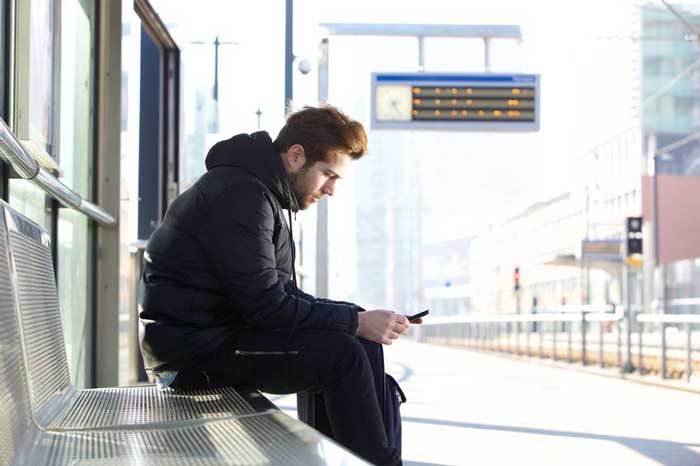ANN ARBOR, MI – The past few years have witnessed several efforts to categorically study the effects of extended calls on residents’ satisfaction, performance, and clinical decision-making ability. But a novel trial published recently in the New England Journal of Medicine has debunked many of such studies—which include the FIRST and iCOMPARE trials—as invalid for lacking the appropriate primary endpoints.
 While the aforementioned investigations looked at post-call increases in medication errors, delayed cared, driving accidents, and self-reported fatigue, the SHAMELESS (Study of Harmful Aftermath from Exhaustion Leading to Embarrassing Self-Sabotage) trial proved that the greatest effect of sleep-deprivation was seen in the marked elevation in quantity of text messages sent to past lovers.
While the aforementioned investigations looked at post-call increases in medication errors, delayed cared, driving accidents, and self-reported fatigue, the SHAMELESS (Study of Harmful Aftermath from Exhaustion Leading to Embarrassing Self-Sabotage) trial proved that the greatest effect of sleep-deprivation was seen in the marked elevation in quantity of text messages sent to past lovers.
“Based on this trend, it stands to reason that texts to exes may very well be the most accurate proxy for looking at the effects of exhaustion and burnout on clinical decision making,” said Judd Lipton, M.D., Ph.D., principal investigator for the SHAMELESS trial. “Indeed, our data suggest that the correlation between poor decision-making capacity and contact with ex-partners goes up even higher when you broaden the inclusion criteria to Facebook messages, emails, and Snapchats.”
“We had it all wrong,” admitted Bernard Sachs, MD, who spearheaded a case control series that looked at delayed response time to emergency clinical scenarios as a marker for the effects of sleep-deprivation on residents’ judgment. “Then Dr. Lipton showed us his p and r values. We were blown away. Residents awake for 30 hours were eleven times more likely to text a ‘Hey, what’s up?’ to an ex, forty-eight times more likely to message them in G-chat with just a sideways smiley, and six-hundred-and-seventeen times more likely to ‘like’ something on their Instagram posted over four months ago.”
While the study was not necessarily powered to do so, for purely academic interest, the SHAMELESS trial will retrospectively look at its data to see how post-30-hour call sleep-deprivation increases the likelihood of other proxies for poor decision-making capacity, such as eating a breakfast McFlurry, posting politically-motivated Facebook tirades, or convincing yourself you can pull of that fedora.







